Could you benefit from befriending services?
Tags
Home Help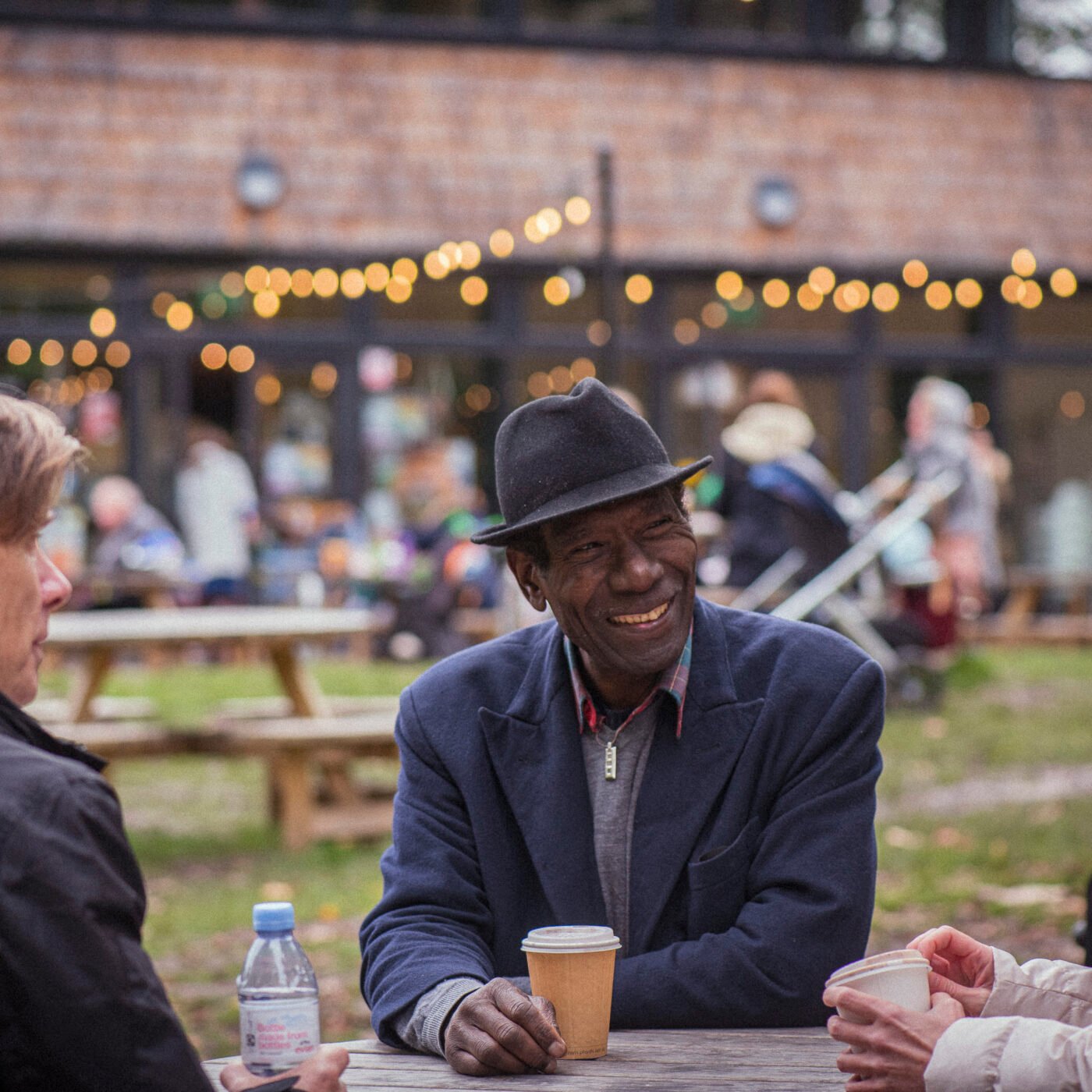
What is a befriending service?
Various organisations across the UK offer ‘befriending’ services to the elderly, isolated, or people living with health conditions that can make it harder to get out and about. Depending on which organisation you choose, volunteer befrienders can pay regular visits to you at home, join you for social activities and special community events, or call you on the telephone each week for a friendly chat. Befriending is based on creating meaningful connections, so there is rarely any payment involved.
When do people use befriending services?
While we may all experience feelings of loneliness from time to time, as we get older it can be easy to become cut off from the wider world. Relatives may move away to start their own families, and if you’re unable to drive or use public transport you may not get to see them as often as you’d like. Friends may pass away or become less able to leave home themselves, making social circles smaller. And, losing a partner or spouse can bring on feelings of loneliness in lots of ways.
Grief can be an isolating experience in itself – with many choosing to take some time to themselves to process their feelings. However, the stress of making funeral arrangements, especially if doing it alone can be really isolating. Even if an older person has a strong support network, they can still feel lonely once the busyness of the funeral is over and they return to an empty home.
if you’re an unpaid carer looking after a loved one, this can be a lonely experience too. In fact, Carers UK, the leading support organisation for unpaid carers found that carers are seven times more likely than the general population to feel lonely.

Why Choose An Elderly Befriending Service?
No matter the cause, social isolation can take its toll on the body and mind. Its damage has been likened to the effects of obesity and smoking. and chronic loneliness is believed to increase the risk of depression by 20% and is linked to poorer cognitive function. having regular opportunities to interact with someone with a genuine interest in our well-being can have a positive impact on our health.
It’s not always easy for people to acknowledge loneliness. in fact, The Jo Cox Commission on Loneliness found that one in ten men wouldn’t admit to feeling lonely. Using befriending services may make this easier – for one, people may be more comfortable sharing how they’re feeling with someone they don’t know. Some befriending schemes also offer a level of anonymity too, taking place over the phone, rather than face to face.
Other important benefits of befriending include –
- Finding regular companionship and stimulating conversation, for some people this may be the only social contact they have
- The opportunity to connect with someone who shares the same interests, or can help them continue with a much-loved hobby
- Having someone call around for regular visits, or to attend social events with can encourage people to be more physically active
What are the limitations of a befriending service?
In our current uncertain times, the demand for services may be high – and the availability of this kind of support can vary a lot depending on where in the UK you live.
Unfortunately, the rising cost of living is putting additional pressure on these services. With bills, groceries and fuel all going up, millions of people are finding themselves without spare income to spend on social interaction.
It’s also important to recognise that befrienders are volunteers, and not professional carers or counsellors. If you think you need help with staying safe and well, or someone to talk to about a mental health problem, it’s best to seek advice from a qualified professional.
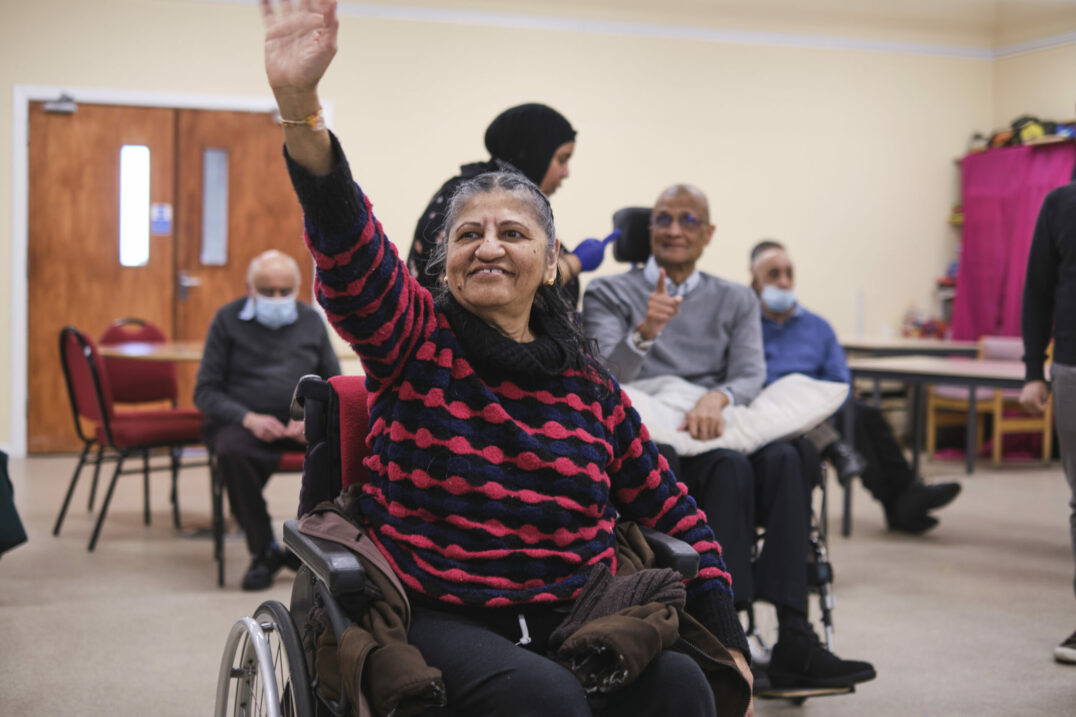
Are befriending services free?
Most befriending schemes are free as they’re run by voluntary organisations.
Some free and popular befriending services in the UK include –
The Silver Line
This telephone befriending service is run by Age UK and connects adult volunteers of all ages to older people. It’s free, confidential and can provide both a friendly chat and support 24 hours a day, 7 days a week.
The Cares Family
The Cares Family is a network of charities across London and the North of England that match older people to a companion from a different generation. Committed to creating more meaningful connections within local communities – free from digital, cultural and attitudinal divides, they organise regular social events and a programme dedicated to one-to-one friendships, where older and younger people spend one or two hours a week getting to know each other.
We spoke to the Cares Family last year about their work and how life-changing the connections they make can be. Read more about the power of intergenerational friendships.
Reengage
Reengage is another telephone friendship service that organises regular phone calls for older people, however, they offer extra services too. Their rainbow call companions for LGBT+ people who are lonely, free monthly social groups for people over 75, and online activities such as gentle exercise classes.
St Vincent De Paul Society
St Vincent De Paul Society offers a befriending service where suitable volunteers are matched with older people to visit and provide support on a regular basis. Volunteers help with anything from offering friendship, helping with transport, organising social events, and supporting with light cleaning service and errands.
Arranging full-time companionship
Befriending is great for reconnecting older and vulnerable people to their community and the wider world. However, in later life our care needs can change too, meaning that we need more support than what a regular befriending service can provide.
A professional care service is able to provide company for everyday tasks that most of us may take for granted, such as eating meals together, playing board games and other day-to-day activities. For those who need more consistent support, for example, if they have dementia and can’t cook safely, at home, are prone to wandering or confusion, a live-in carer can become a live-in friend, and can also provide skilled support to a wide range of care needs, including –
- Household cleaning
- Help getting dressed
- Washing and grooming
- Toileting
- medication prompting
- Preparing meals
- Emergency response
- Support with mobility
- Running errands
- Help with pet care
Elder offers a short-term of full-time companionship service. You can read more about it here.
Read more later life articles

How to select the right mobile phone for an elderly family member
Mobile phones are a great way to stay in touch and can provide essential peace of mind to you and your loved ones. However, as

Finding suitable respite care – your complete guide
Respite is a term for services that offer short-term care to vulnerable people, and enables family carers to take a break from their caring responsibilities.

Christmas gift ideas for elderly parents who have everything 2024
Looking for the perfect gift for an older person in your life? From gifts that can help make their daily lives easier, to those with
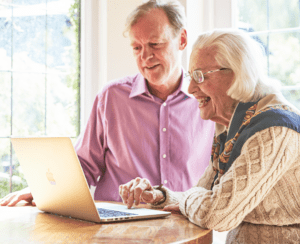
Paying for care in Scotland
Paying for care is a complex subject. Different parts of the UK charge different fees, have their own rules on funding, and even offer some
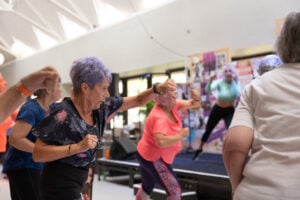
Active Leeds – how older people can stay active and meet new friends
Regular physical activity isn’t just about keeping fit—it’s about maintaining our independence, enhancing our mental health, and improving our overall quality of life. While our
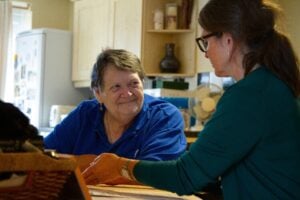
Meals on wheels in Leeds – getting quality meals delivered locally
Even if you love to cook, preparing meals can become more challenging in later life. Lifting heavy pans, using knives and exposure to extremely hot